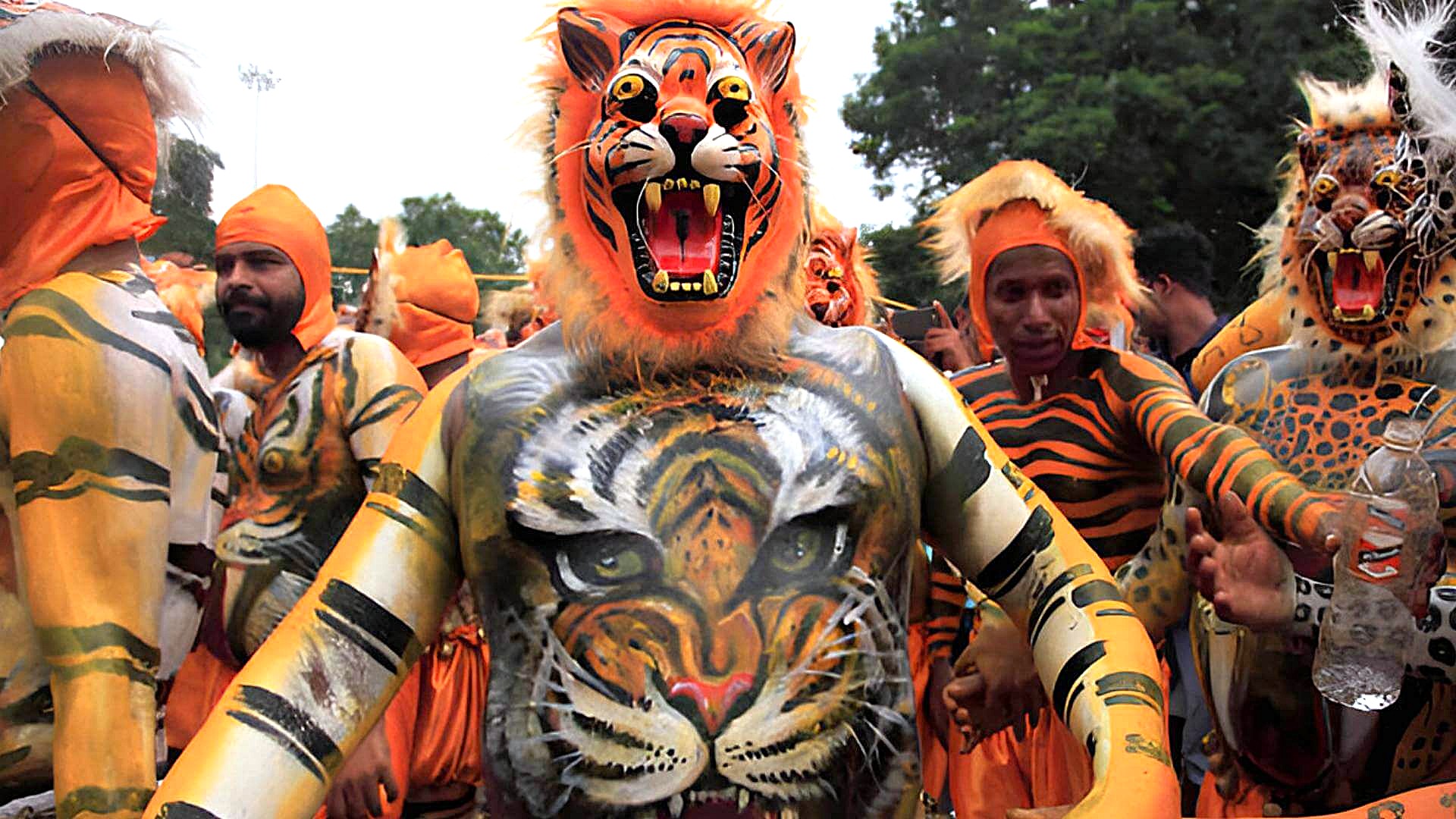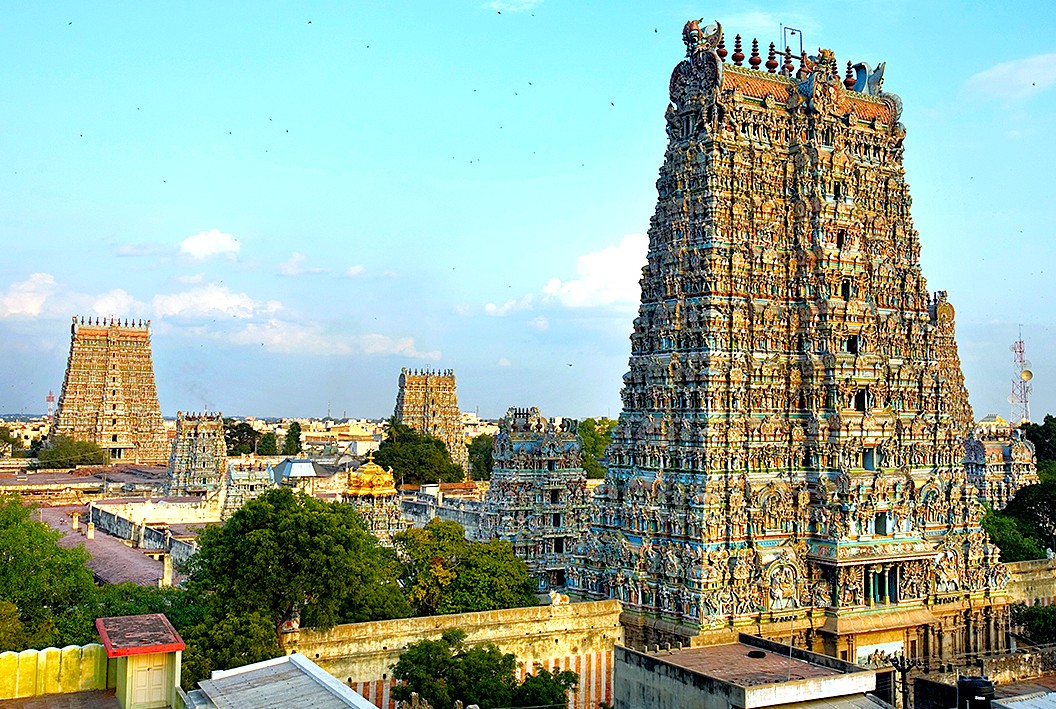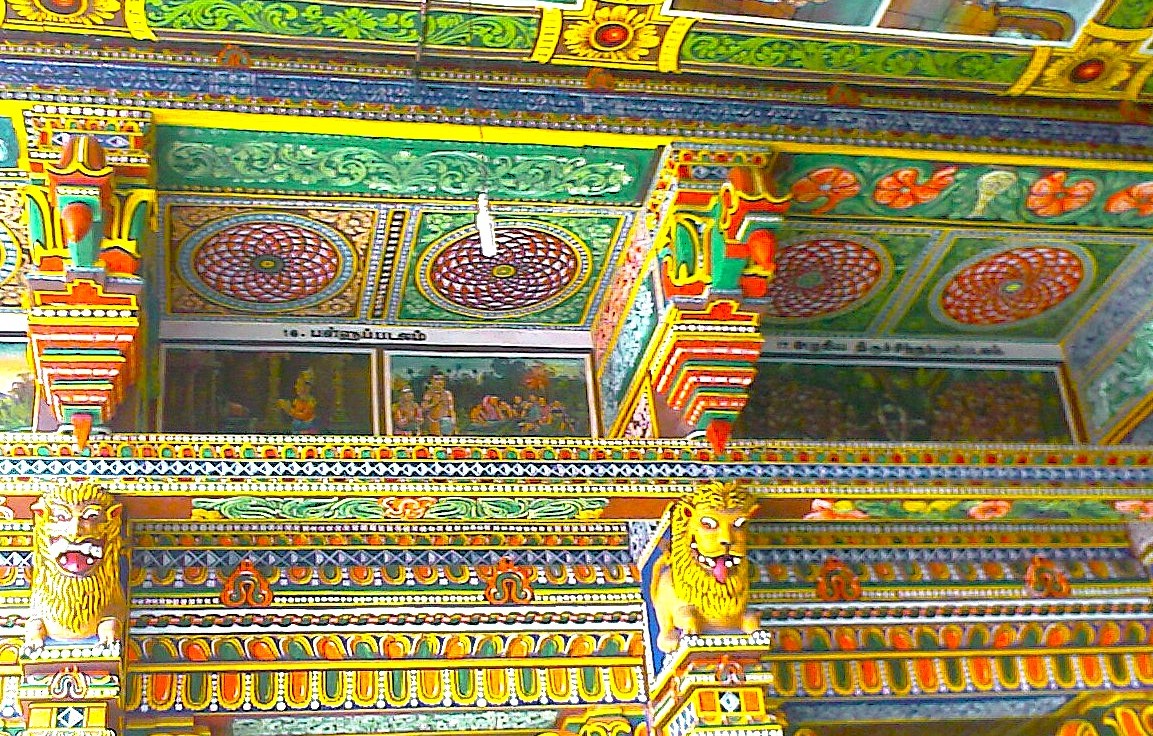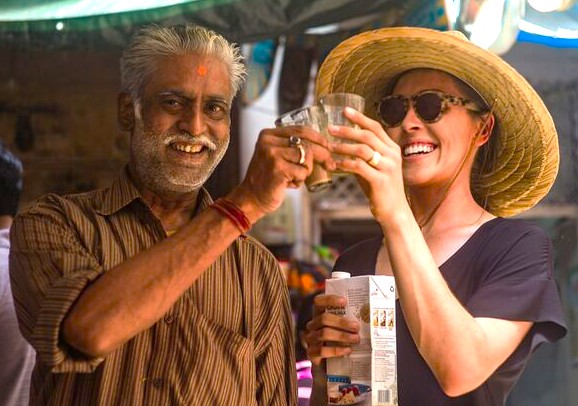Spirit of India
Kerala: India
Mother Masala Tours
A Land Shaped by Time: Kerala: India
Kerala India. An ancient history unfolds a rich tapestry of stories, long predating its first established dynasty. Known today for its iconic backwaters and vibrant culture, its origins stretch back to the Neolithic period, over 7,000 years ago. Early inhabitants left their marks in the form of cave engravings and megalithic burial sites, evidence of their way of life and spiritual beliefs. These archaeologically significant finds tell stories of societies that organized themselves long before structured dynasties ruled. Over millennia, this region witnessed migrations that brought knowledge of agriculture, trade, and early urbanization. Kerala stands as a testament to the evolution from unrecorded history to a population of over 33 million people, melding ancient traditions with today's advancements seamlessly.

Unearthing the Neolithic Lives: Kerala India
At the heart of Kerala’s pre-history are rock shelters like Edakkal. Carvings dating back to around 6,000 BCE reveal early human settlements in the region. These cave dwellers left behind symbols, humanoid figures, and tools, illustrating a glimpse into their lives filled with hunting, rituals, and early communication through art. The locations of their settlements, often near rivers, show an advanced understanding of geography. Evidence of livestock rearing and crop farming points to transitions from nomadic lifestyles to settled communities. Such discoveries highlight how these early people laid the foundations for the transformation into societies centuries later.
A Trail of Megaliths

Step back in time to ancient Kerala, around 1000 BCE, where a fascinating megalithic culture once thrived. Across the landscape, especially near Thrissur and Wayanad, you can still find their legacy today. Impressive stone structures like dolmens, menhirs, and unique rock-cut tombs stand as silent monuments to their time. They reveal deep beliefs about the afterlife and thoughtful burial customs. The incredible effort and planning proves an organized society.
Changing Winds of Power
Kerala India. By 150 CE, Kerala’s history began to intersect with global forces as the ancient Silk Road expanded. Early rulers maintained robust trade exchanges in spices with Arab and Roman merchants. Black pepper, famously labeled “black gold,” became a prized commodity. Ancient texts reveal descriptions of Muziris, now identified near Kodungallur, acting as a major port bustling with international exchanges. It drew Chinese silks, Roman coins, and Arabian horses into its marketplaces. The arrival of Christianity and Judaism through maritime routes added layers to the cultural fabric. Historical remains suggest a rich convergence of ideas shaping the early identity of the region.
Rituals, Commerce, and the Rise of Dynasties

The Chera Dynasty emerged circa 3rd century CE, marking Kerala's entry into documented history. Known for their devotion to Hindu deities, the Cheras constructed intricate temples, fostering religious and architectural advancements. Life revolved around domestic economy and trade; agricultural abundance supported its population while maritime networks funded cultural patronage. Their governance systems established Kerala's distinct identity.
Kerala: Natural Wonders and Scenic Beauty
Discover local charm at every turn. Navigate Alleppey's backwaters on houseboats, watching riverside life unfold. The journey to Ooty's tea plantations brings excitement as we wander through endless green rows, sampling fresh brews and taking photos of the misty mountains. We clap and smile during colorful Kathakali performances, amazed by the elaborate costumes and expressive movements. In Fort Kochi, we explore historic streets and markets, finding unique souvenirs. The street food adventures become delicious surprises - trying appam, puttu, and spicy fish curry is a highlight of each day.
Kerala's Edible Magic

The tantalizing flavors of Kerala welcome you with open arms. From aromatic rice puttu paired with spicy kadala curry to delicate appams soaked in coconut stew. Street vendors offer crispy parippu vada, golden banana fritters, and steaming idiyappam with curry. Don't miss the savory seafood dishes featuring fresh catch in spiced coconut gravies. The cuisine blends coconut, curry leaves, and spices into memorable experiences that linger on your palate long after your journey ends. A true culinary paradise.
Festivals Marking Millennia
Kerala channels its vibrant past into a series of festivals still celebrated today, blending old traditions into modern lives. Onam, the harvest festival (August-September), pays homage to Kerala's agrarian roots and legendary King Mahabali. Processions, colorful pookalams - flower carpets, and snake boat races on the backwaters define the celebration. The Thrissur Pooram, held every April, showcases the cultural grandeur of the region’s temples through elephant processions and traditional percussion. These festivals reflect not just current identity but also practices that have evolved from centuries-old traditions carried through its history.
Kerala Today: God's Own Country Thrives

Standing as India's progressive state, renowned for stunning backwaters, beaches, and hill stations. With India's highest literacy rate and exceptional healthcare, it attracts tourists worldwide. Kodaikanal Hill Station, Spice plantations, tea gardens, and coconut groves, drive its agricultural economy, while Kochi emerges as an IT place. Tourism remains Kerala's golden industry, with houseboats and Ayurvedic treatments drawing millions annually.
Kerala's Religious Tapestry: Faith and Harmony
Kerala embraces remarkable religious diversity, where Hinduism, Christianity, Islam, and Judaism coexist peacefully. Hindu traditions honor deities like Krishna, Vishnu, and Shiva, with unique local manifestations such as Ayyappa at Sabarimala and the serpent gods of Mannarasala. The state's ancient Syrian Christian community traces its origins to Saint Thomas the Apostle, while Mappila Muslims contribute rich cultural traditions through art and cuisine. Kerala's small but historic Jewish population in Kochi represents centuries of peaceful coexistence. Religious festivals like Onam, Christmas, Eid, and Vishu are celebrated collectively, regardless of individual faith. This harmonious blend creates it's distinctive spiritual character, where tolerance and mutual respect define everyday life.
The Legends

Discover the intriquing legends of Kerala at the Mannarasala temple, a unique place dedicated to the worship of serpent deities. At the heart of this sacred grove is the legend of Nagaraja, the revered king of serpents. Believed to be a powerful protector of the land, Nagaraja offers blessings to all who visit. For centuries, countless women have made pilgrimages to this serene temple, seeking the special gift of fertility and praying for the blessing of a child.
A Shared Legacy Awaits Us
Come with us to delve deeper into Kerala’s unparalleled cultural and historical journey. We’ll encounter remarkable heritage sites, admire artistic carvings, and see firsthand the intersections of faiths and ancient trade routes. Let’s walks its temple paths, unveiling the stories etched into every structure, and savor its cuisine rooted in generations of culinary mastery. We can wander its historic market streets, witnessing spices and traditions woven into everyday life. Kerala is more than a place - it’s an experience connecting us to the essence of humanity’s shared past.
The Ripple Effect

Exploring Karnataka takes you across waterways, into thick forests, and through living histories deeply intertwined with global trade and cultural exchanges. As we pass temples built with ancient architecture, glide through tranquil canals, or hear the stories of early navigators, you begin to realize how centuries of vibrant interaction continue to ripple in its society today. Kerala doesn’t feel like distant history; instead, it’s alive, forming connections between its past and everyone who experiences the beauty of its cultural richness.